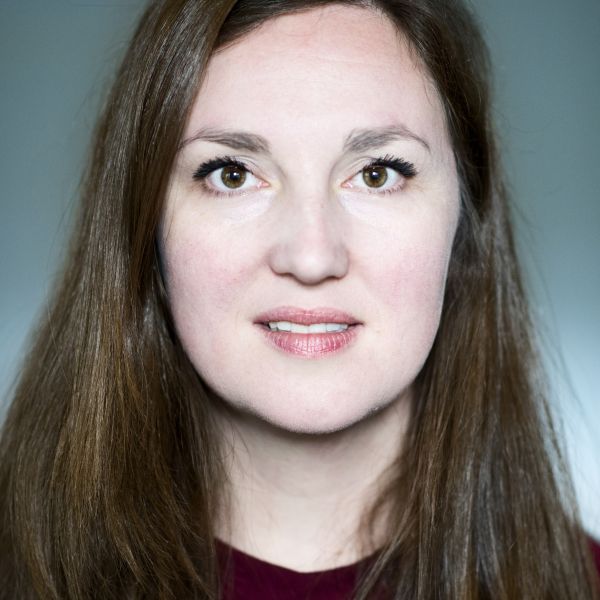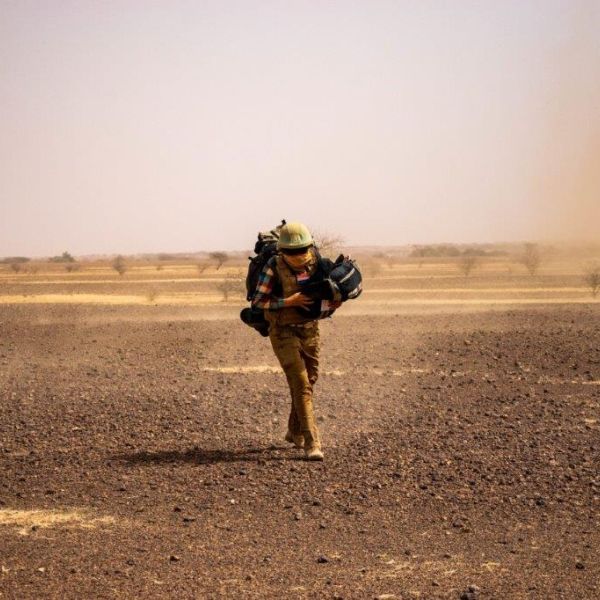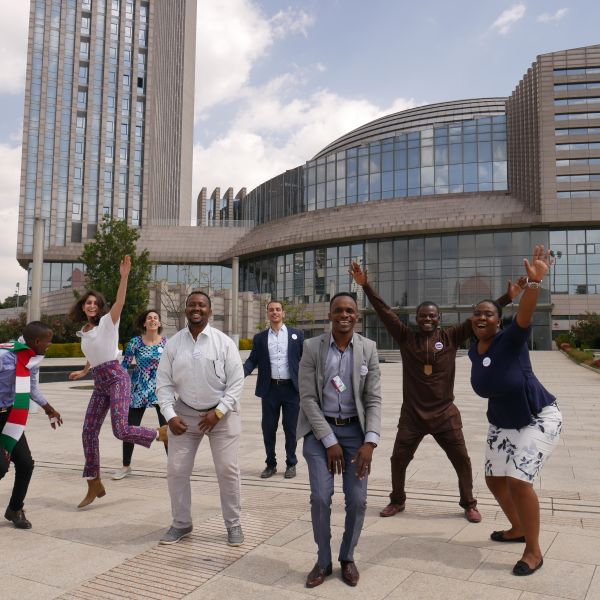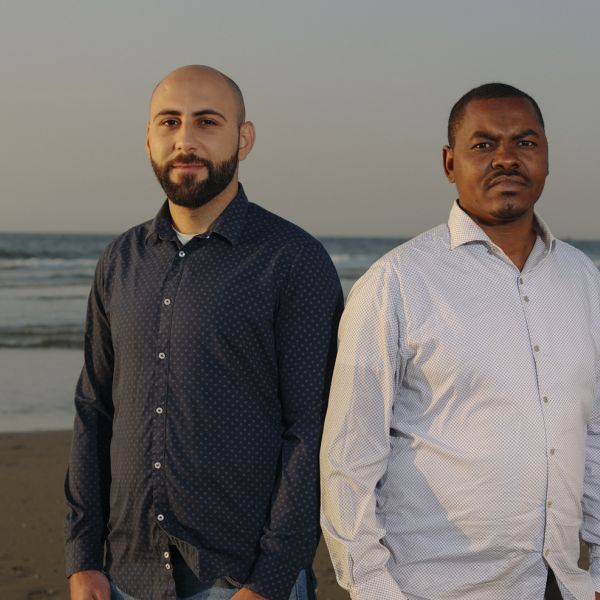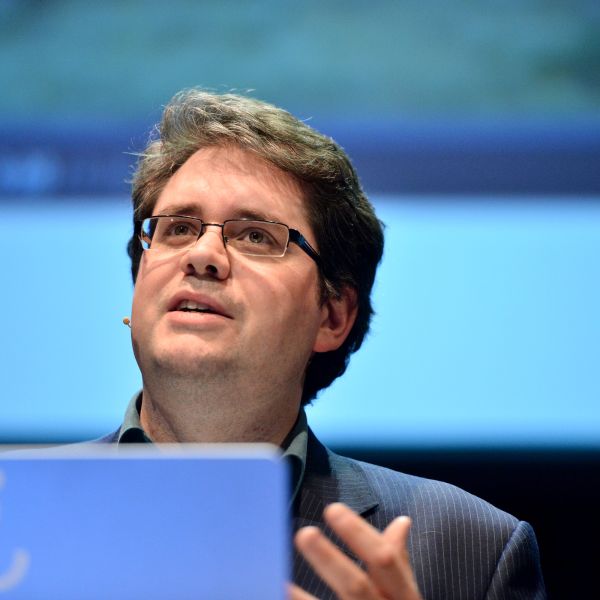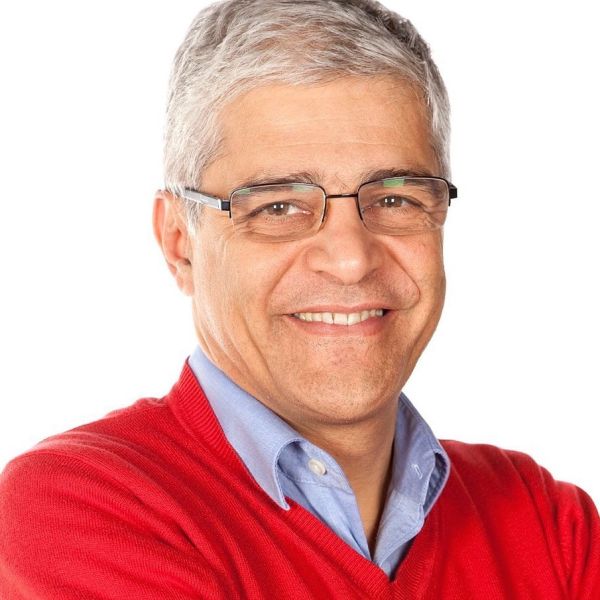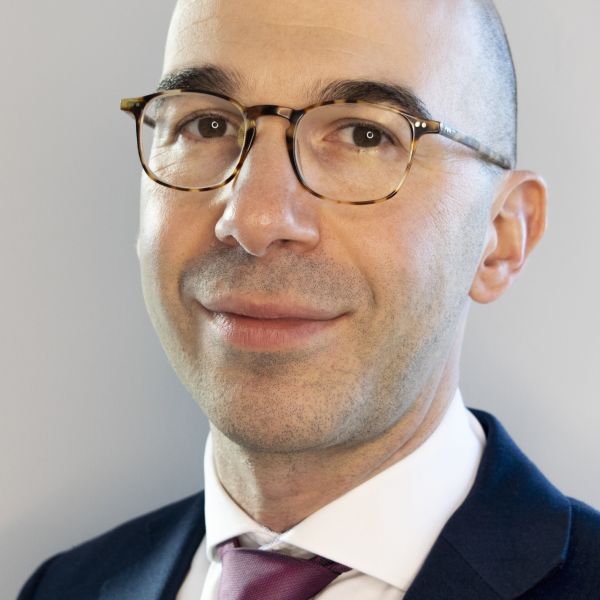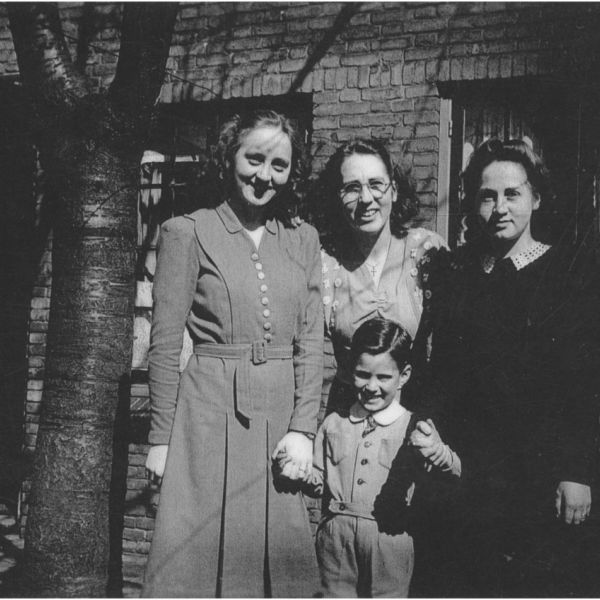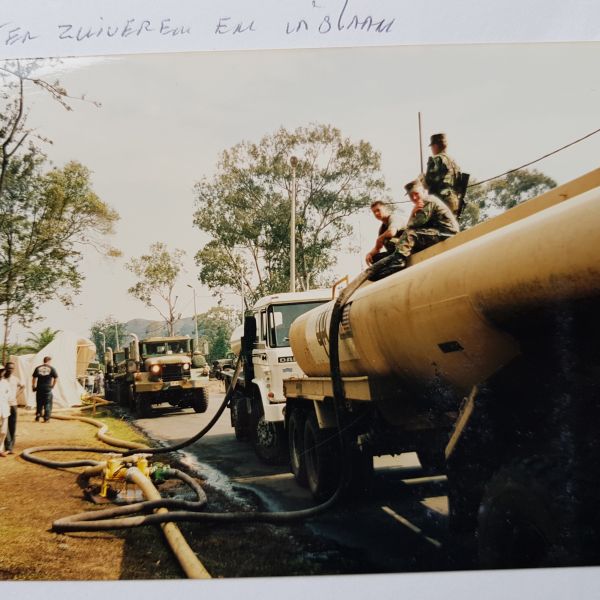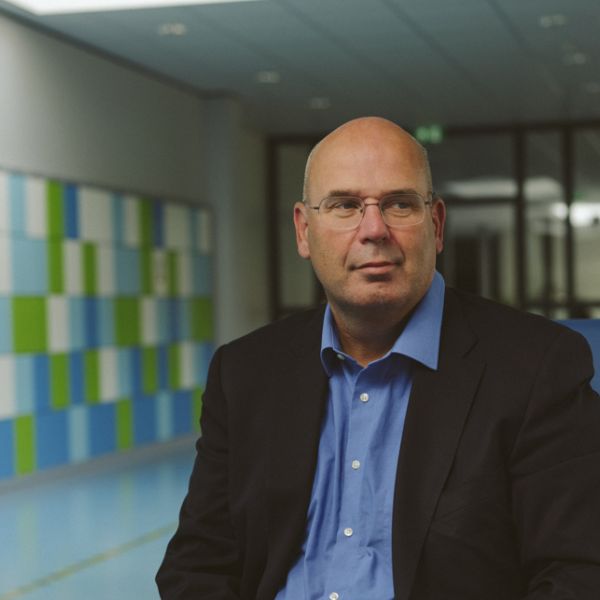75 years of UN in 75 stories: Jozias van Aartsen
As Minister of Foreign Affairs for the Netherlands, Jozias van Aartsen (1947) appointed leading diplomat Peter van Walsum to the position of permanent representative of the Netherlands to the United Nations in 1998. In his role as Dutch representative on the UN Security Council, Van Walsum engineered intervention in Timor in a smart, efficient manner.
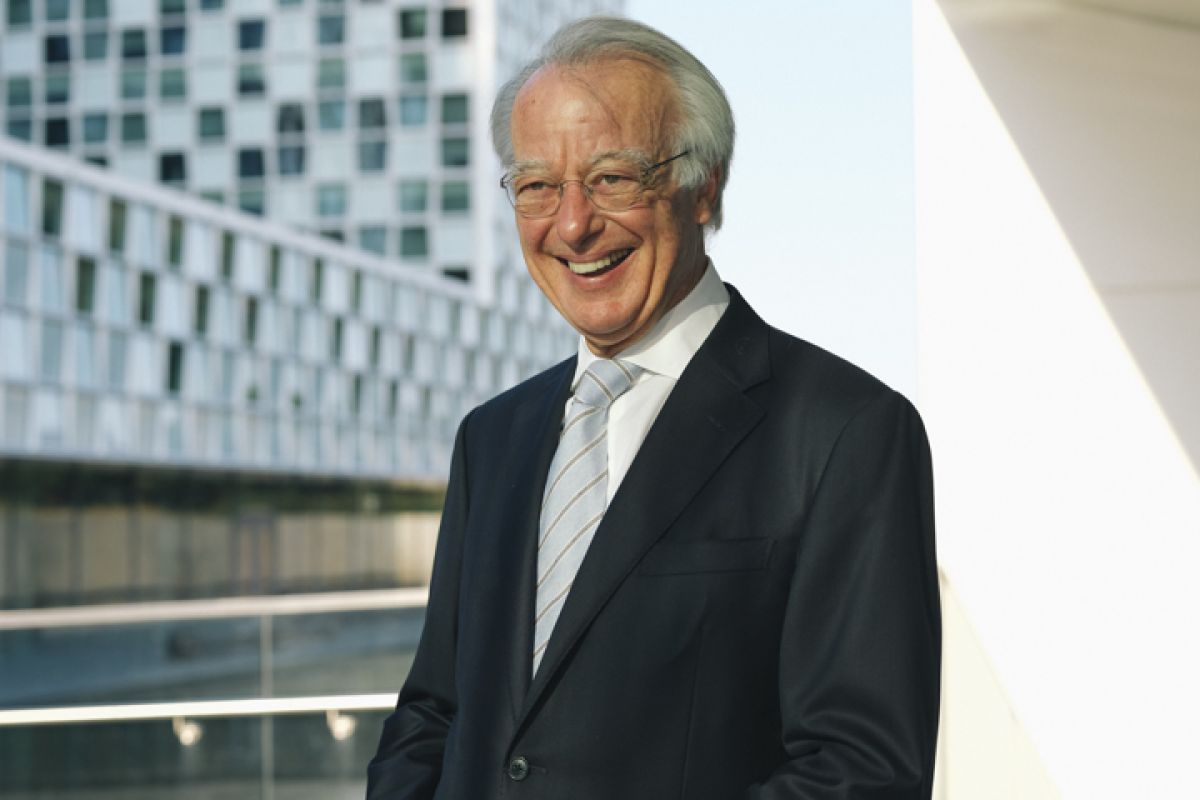
The United Nations strives to resolve conflicts peacefully. Maintaining peace and security is one of the UN Security Council’s responsibilities. The organisation does this both via diplomatic channels and, where necessary, by deploying peacekeeping forces. Diplomats and representatives at the UN invest a great deal in peaceful conflict resolution and negotiations. All of this is a process that involves many meetings and discussions between the diplomats at the United Nations. These discussions take time, despite (or perhaps because of) the severity of the situation.
Sending in troops is a drastic measure that not only involves tremendous expense, but can also lead to even more loss of life. It can also happen that a permanent member of the Security Council may not agree to the deployment of ‘blue helmets’, and block it with their veto.
The UN’s capacity to send in peacekeeping forces is regulated in Article 42 of the Charter of the United Nations, which states that:
“Should the Security Council consider that measures provided for in Article 41 would be inadequate or have proved to be inadequate, it may take such action by air, sea, or land forces as may be necessary to maintain or restore international peace and security. Such action may include demonstrations, blockade, and other operations by air, sea, or land forces of Members of the United Nations.”
“If you’re talking about interventions in conflict areas, then the UN often doesn’t have a very positive reputation,” Van Aartsen explains. “People always ask: ‘Why aren’t they doing anything?’ They don’t understand that the United Nations is all of us: the UN is made up entirely of all the sovereign states that are involved. That’s the framework that representatives have to operate in.”
When the population of Timor declared its independence in 1999, a bloody civil war ensued, and Indonesia deployed its army against the Timorese. This was one such instance where the world looked on, asking why the UN didn’t intervene. “And the Netherlands was asking that question the loudest,” says Van Aartsen, “because in the month that happened, Van Walsum was chairing the Security Council. ‘Here we are, finally behind the wheel, and we’re still not doing anything!’ said various critical MPs in the Dutch parliament. They just couldn’t understand that intervening in a situation like that can’t be arranged as an afterthought in just a few hours, and – as Van Walsum showed everyone – it takes daring and creativity.”
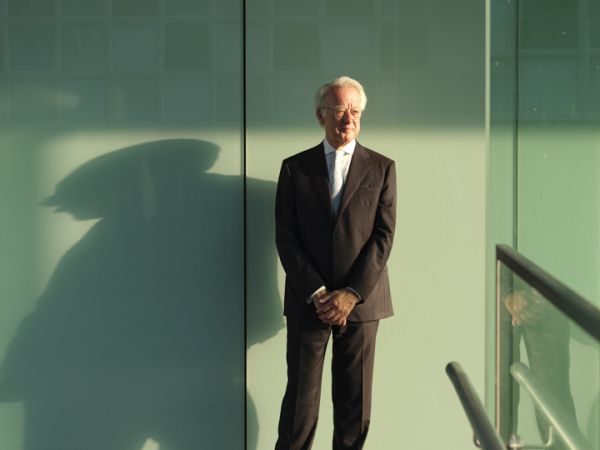
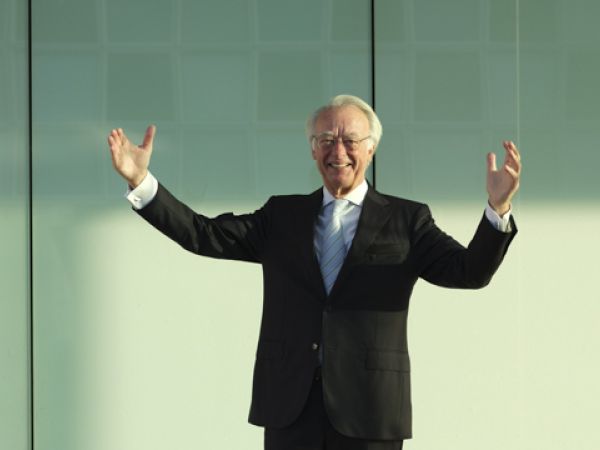
Van Walsum did ultimately succeed in getting the UN to intervene. “But not in a standard peacekeeping operation,” Van Aartsen explains. “That proved to be impossible thanks to vetoes by three of the countries on the Security Council.” With the Security Council locked in a stalemate, and the threat of bloodshed building, Van Walsum phoned Van Aartsen and proposed an open session of the Security Council with the members of the General Assembly. “It was a creative move: 52 of them spoke in the session, with many Muslim countries expressing sharp rebukes of Indonesia.” Meanwhile, a small delegation from the Security Council had been in Jakarta, exerting diplomatic pressure; even Bill Clinton, then still President of the United States, provided assistance. “In the face of all that, Indonesia had no choice but to allow a UN peacekeeping intervention force in,” Van Aartsen says.
“That was pure Van Walsum. He was a very good diplomat, and the most powerful member states listened to him. He was independent, creative and efficient. That’s why I could trust him to do what he thought was right. And to do it successfully,” he concludes.
There is only one place on earth where nearly all the nations of the world sit around the table: the United Nations. The UN focuses on issues that transcend the borders of countries or even affect the entire world, such as peace and security, climate change, education, health, cultural heritage, economic development, and more. To many, the work of the UN seems very abstract, but by engaging with rescue workers, peacekeepers, aid workers, diplomats, eyewitnesses, soldiers, and others involved with the UN, it becomes clear how important the work of this organization is. This is exactly what Humanity House has done. Unfortunately, this organization had to close its doors, but Just Peace and Museon-Omniversum have teamed up to preserve their stories. You can now find these stories on Just Peace's website, and some of them are also included in an exhibition about the UN at Museon-Omniversum.
The 75 Years of UN Stories were collected and curated by Frederiek Biemans for Humanity House.


